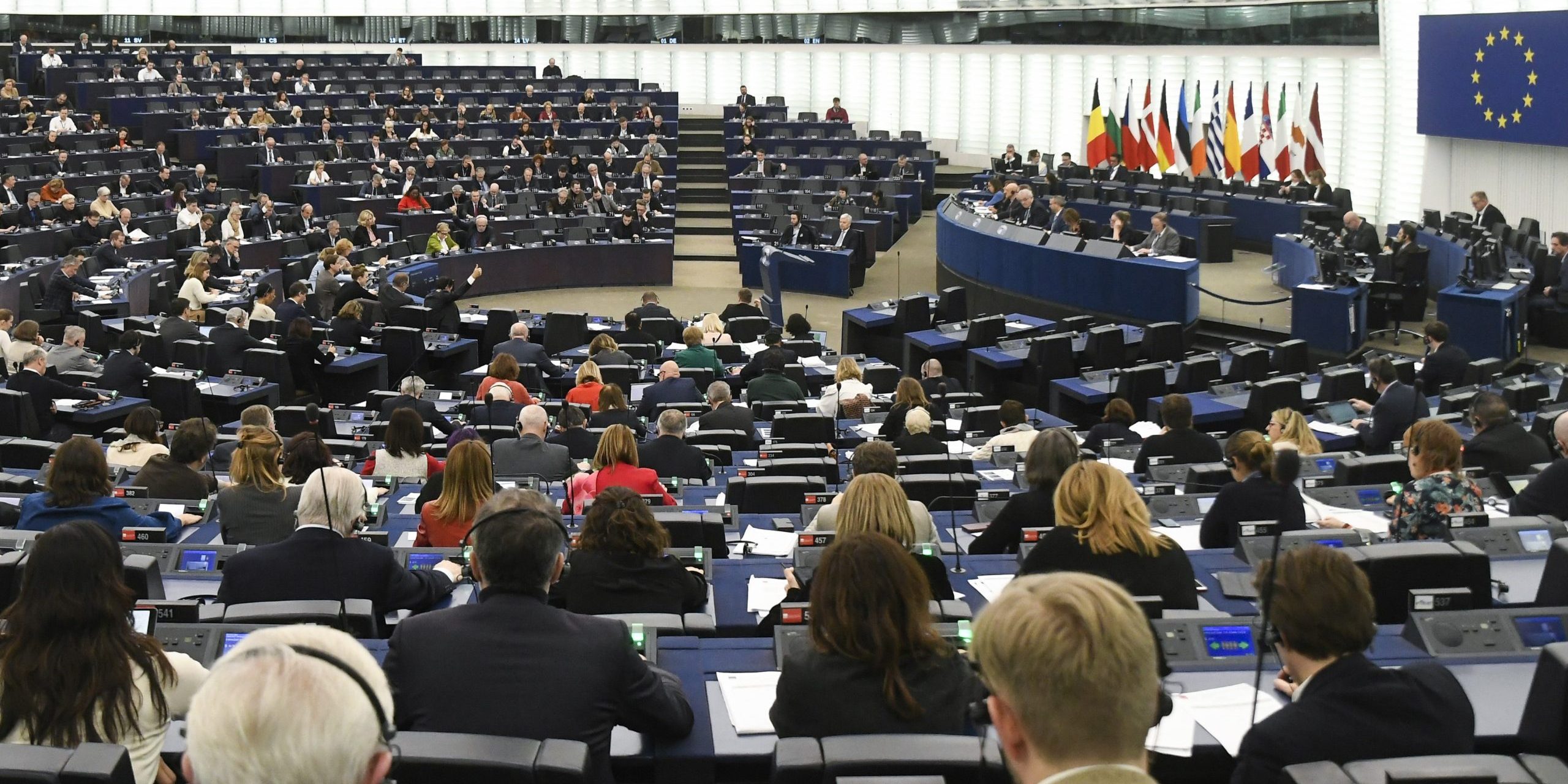
Concessions central to Commission adoption
Lowest majority in history greets von der Leyen.

171 days after the polls came to a close and we began counting ballots across Europe, today, November 27th, saw MEPs confirm the European Commission college by a vote of 370 to 282 with 36 abstentions in Strasbourg.
At the behest of the EPPs appeals to the far-right, this is the lowest majority for a college adoption we’ve ever seen.
The last number of weeks had seen intense negotiations between the European political groups, with a number of Commissioner-designates having their confirmation hearings postponed.
As was widely reported, a number of contentious issues separated the S&D and EPP groups, the two largest parties in the parliament who comprise the majority of the traditional cordon sanitaire. A specific request of trade unions concerned the title of Roxana Mînzatu's portfolio, which at the last minute was changed from Executive Vice-President for "People, Skills and Preparedness” to "Executive Vice-President for Quality jobs and social rights, education, skills and preparedness". While we noted that the title itself would not be the single most significant issue in the conception of this college, removing the title of employment for the first time since the 1970s would have confounded the pro-business, anti-worker musings seen from the EPP so far.
We have outlined areas where we can find success within this cabinet, and will push Commissioner Mînzatu's team to prioritise working people and a strong social platform throughout her role.
Unfortunately the largest issue, the inclusion of a far-right vice-president, has survived the parties’ negotiation process.
While we bemoaned the shift of the political centre to the right, Ursula von der Leyen maintained the possibility of continuing to work exclusively with sensible candidates and political groups. Spurred on by (an already power-focused) Manfred Weber, the Commission President has cemented EPP’s rightward swing, in providing Raffaele Fitto (Italy) a vice-president role. Despite the EPP (14), RE (5), and S&D (5) providing the highest number of Commissioners, two college members are from far-right parties, with Fitto joined by Olivér Várhelyi (Hungary). As we recently affirmed during our annual assembly, the far-right is no friend of professionals and managers, and the provision of powerful roles to this group (despite the hollowing of Várhelyi’s responsibilities at the behest of progressive forces) does nothing to help workers.
Within the “Platform Cooperation Statement” signed by the EPP, S&D and Renew Europe, the competitiveness gap, security issues, migration, the climate crisis and socio-economic inequalities are all earmarked as key issues. Across nine main points, the delivery of a Quality Jobs Roadmap and the delivery of an individual right to training for all workers including professionals and managers are welcome inclusions. Promises of suppressing red tape for businesses and questionable language surrounding defence and migration should not negatively impact those living and working in Europe, and we remind the groups that corporate profits do not equate to prosperity.
A worker-centric Europe may seem more distant after the June elections, but the turn away from the “Venezuela majority” seen over the summer gives reason for optimism.
Our objective must now be to challenge this long-awaited college to deliver on their promises, promote workers’ rights, and improve the working lives and prosperity of citizens across Europe.
